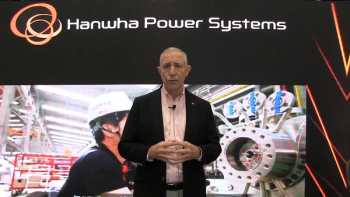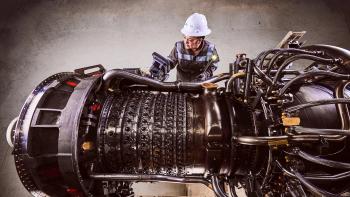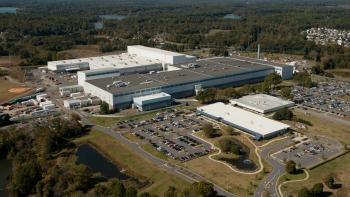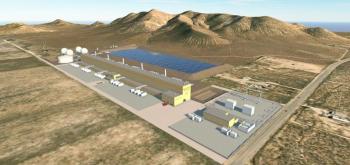
Kirk Lupkes of Siemens Energy Outlines Hydrogen Compression Challenges, Market, and New Demo
Although hydrogen projects have slowed down since the Trump Administration took office, Siemens Energy will continue technology demonstrations to ensure future-fuel readiness.
The
According to Lupkes, the high-speed design was tested at a dedicated closed-loop facility and demonstrated significant mechanical and aerodynamic promise, offering a solution with high-pressure ratio for storage and transportation applications. Despite successfully developing, testing, and validating the new technology, the Trump Administration’s policies slowed down U.S.-based hydrogen activity, but Siemens Energy will be technologically ready when the fuel comes around.
TURBO: What are the operational and cost-based challenges associated with industrial-scale hydrogen compression applications?
Lupkes: Compressing hydrogen at industrial scale certainly presents many challenges. When we look ahead to the markets we’re anticipating, with hydrogen and green hydrogen production in particular, you’ll have widely fluctuating flows and hydrogen produced at relatively low pressures. This requires an extremely high-pressure ratio in the compressor for storage or transport via pipeline, presenting some unique challenges for centrifugal compressors.
TURBO: How was the test facility configured for this demonstration? What impact may this new compressor have on drivetrains?
Lupkes: We’ve built a 100% hydrogen-capable
In terms of drivetrain implications, we’ve worked with a number of OEMs and there’s a number of commercially available technologies, in terms of motors and gears, that can perform at the speeds we need. We’ve been specifically working with Voith and its E-Pack system, as its one of the drive solutions in the market that may be well-suited to hydrogen applications.
Newsletter
Power your knowledge with the latest in turbine technology, engineering advances, and energy solutions—subscribe to Turbomachinery International today.




